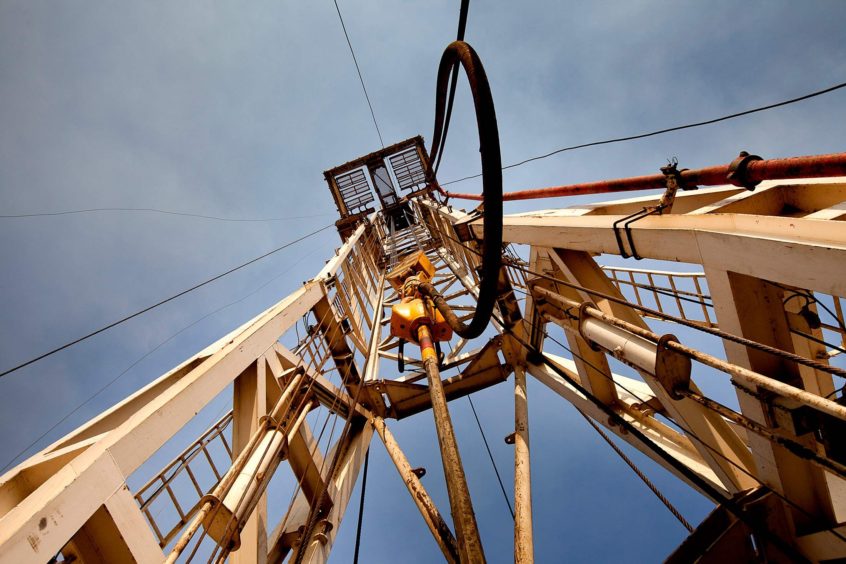
Occidental Petroleum Corp. became the first major U.S. oil producer to aim for net zero emissions from everything it extracts and sells, accelerating an industry trend that’s become commonplace in Europe.
The Houston-based company announced a target to reach net zero emissions from its own operations by 2040 and an ambition to do the same from customers’ use of its products by 2050, Chief Executive Officer Vicki Hollub said during a conference call with analysts on Tuesday. The plan relies heavily on capturing carbon dioxide and burying it, a technology that’s so far been prohibitively expensive.
The announcement comes weeks after U.S. rival ConocoPhillips unveiled plans to curb climate-damaging pollution from its operations but didn’t address emissions generated by customers. The latter account for about 80% of the total emissions from a barrel of crude.
American oil producers have been hesitant to adopt the sort of aggressive climate goals of European peers, in part because it would require a pivot away from the shale revolution that made U.S. oil production relevant again in global markets.
Occidental’s announcement is significant because the company has one of the biggest footprints in the Permian Basin, the sprawling oil field beneath Texas and New Mexico that produces more crude than any other region on the continent. The stock rose 1.2% to $12.38 in New York trading Tuesday.
‘Contrarian Approach’
Occidental is aiming to reduce all three categories of emissions. Scope 1 involves pollution emanating directly from company operations, while Scope 2 includes indirect emissions from utilities selling power to the company, and similar sources. Scope 3 — the category most U.S. oil drillers have so far excluded — involves pollution farthest removed from a company’s control, such as consumers burning refined fuels like gasoline.
It would be the first major U.S. oil company to target Scope 3 emissions, according to BloombergNEF.
“Net zero for Scope 3 emissions is impressive even when you take European companies into consideration,” said Kyle Harrison, a BloombergNEF analyst. “Shell, Total, BP and Eni all have intensity targets that include Scope 3, but these emissions never reach zero.”
Rather than moving away from oil and gas, or investing in renewables as European giants BP Plc and Royal Dutch Shell Plc have pledged to do, Occidental is pursuing a “contrarian approach,” Hollub said during the call.
Key to achieving Occidental’s targets is building the world’s largest so-called direct-air capture plant in the Permian region. The facility will pull CO2 from the air and concentrate it to be either stored underground or used to help push crude out of old wells.
“This not only helps us to help the world by reducing CO2 out of the atmosphere, it will help our shareholders too by lowering our costs of enhanced oil recovery in the Permian and other places,” Hollub said.
Occidental plans to use its carbon-capture business, named 1PointFive, to generate cash for investment in new facilities.
It will “give opportunities to those industries that can’t otherwise lower their carbon footprint,” Hollub said. “They can partner with us to do it.”
The carbon-capture business probably will generate as much cash flow as Occidental’s chemicals business within 10 to 15 years, Hollub said.
